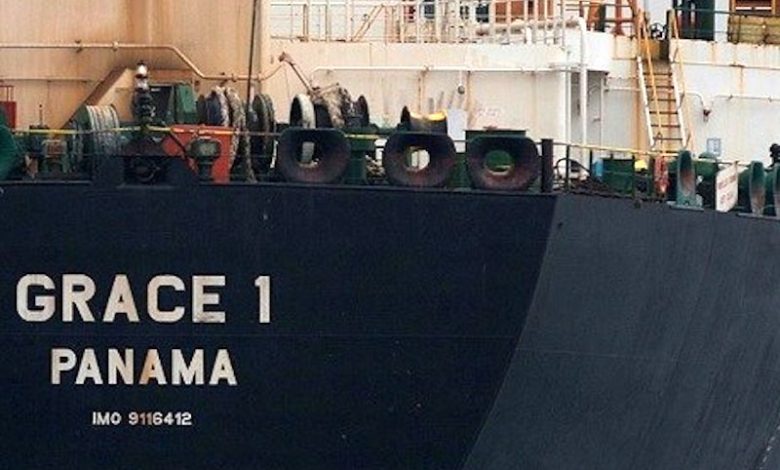IMO mulls adding an extra digit to its identification number scheme

The International Maritime Organization (IMO) is looking at adding an extra digit to its under fire identification number scheme. IMO numbers, first introduced in 1987, became mandatory for all ships built after July 1, 2005.
Each ship registered under the identification scheme is allocated a unique identifier made up of the letters IMO followed by seven digits either at the time of build or when first included in the register. As well as being permanently and visibly marked on a ship’s hull, the number must be noted on a ship’s certificates, and on plans, manuals and other documents required by IMO conventions.
A study is being conducted to increase the number of digits from seven to eight with the UN body aware that by the 2040s it will run out of available numbers.
In its current seven-digit format, there are approximately 900,000 number combinations. By the end of September 2022, just over half of those had been assigned. It is estimated that enough identification numbers are still available to cover the needs of the maritime community for the next two decades. Any future change to the number format will not impact upon existing IMO ship identification numbers already issued, the UN body has said.
The vessel identifier system has come in for plenty of criticism of late with many sanctioned ships found to be laundering their identity- including one which recently blew up in a Thai ship repair yard.
C4ADS, a Washington DC-based nonprofit organisation, has detailed a process in which one or more vessels adopt a different identity on automatic identification system (AIS) transmissions in order to allow sanctions-hit ships to assume clean identities, and where at least one vessel in this operation assumes an identity that is obtained by defrauding the IMO.
Vessel identity laundering is significantly more sophisticated than previously observed instances of vessel identity tampering, in which vessels modify their physical appearance or broadcast false data on AIS transmissions.
